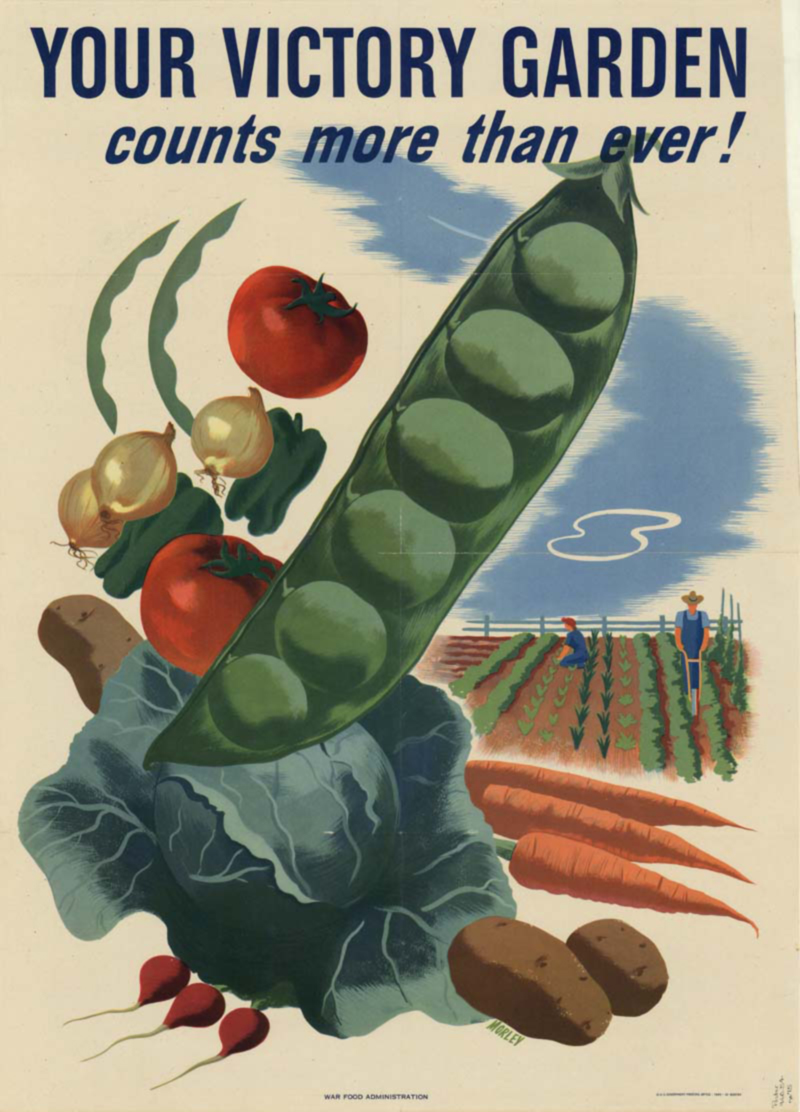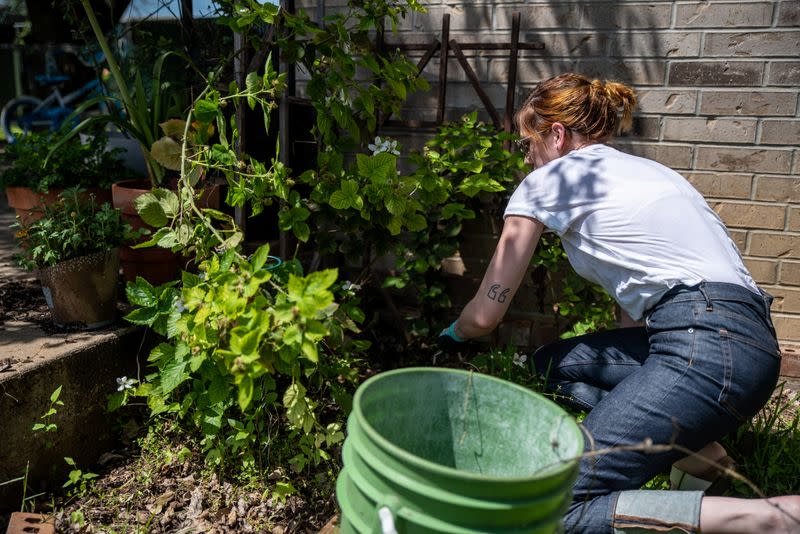April 22, 2020 By Common Dreams

4 VIDEOS ARE AT THE END OF THE ARTICLE
U.N. Chief António Guterres declared the pandemic “an unprecedented wake-up call” and urged world leaders to pursue a “green recovery.”
The 50th annual global Earth Day coming amid the coronavirus pandemic sparked fresh demands from Fridays for Future founder Greta Thunberg, United Nations Secretary-General António Guterres, and others for the international community to simultaneously tackle the COVID-19 and climate crises.
“Today is Earth Day and that reminds us that the climate and environmental emergency is still ongoing and we need to tackle both the corona pandemic, this crisis, at the same time as we tackle climate and environmental emergency, because we need to be able to tackle two crises at once,” said 17-year-old Thunberg.
She emphasized that while it is always “important” and “essential” to be guided by science, “during crises like this it is even more important that we listen to scientists, science, and to the experts. That goes for all crises, whether it’s the corona crisis or whether it’s the climate crisis.”
Thunberg’s comments came in a livestreamed conversation with Johan Rockström, a Swedish professor who is joint director of the Potsdam Institute for Climate Impact Research (PIK) in Germany, hosted by the Nobel Prize Museum. The teen activist, also a Swede, has twice been nominated for the Nobel Peace Price.
Thunberg’s youth-led climate action movement Fridays for Future marked Earth Day by releasing a short video entitled “Our House Is On Fire,” evoking a speech the activist delievered at the World Economic Forum’s annual summit in Davos, Switzerland in January 2018.
“We believe it’s time people realize that climate change isn’t going to happen, but that it’s already happening,” Fridays for Future U.S. spokesperson Joe Hobbs said in a statement. “We hope that by watching this video people will realize they need to take action now, instead of putting it off until later.”
During a video address Wednesday, Guterres said: “On this International Mother Earth Day, all eyes are on the COVID-19 pandemic—the biggest test the world has faced since the Second World War. We must work together to save lives, ease suffering, and lessen the shattering economic and social consequences.
“But there is another deep emergency—the planet’s unfolding environmental crisis,” he added. “Biodiversity is in steep decline. Climate disruption is approaching a point of no return. We must act decisively to protect our planet from both the coronavirus and the existential threat of climate disruption.”
Guterres declared that “the current crisis is an unprecedented wake-up call” and outlined six “climate-related actions to shape the recovery and the work ahead,” urging world leaders to pursue a green recovery from the pandemic that ensures “a healthy and resilient future for people and planet alike.”
As the coronavirus has spread across the globe, killing nearly 180,000 people, infecting more than 2.59 million, and devastating the world’s economy, climate and environmental activists have called for a global Green New Deal and just recovery that prioritizes a rapid transition to renewable energy and other efforts to reduce planet-heating emissions and pollution more broadly. Recent studies tying poor air quality to COVID-19 deaths have added weight to those demands.
The U.N. chief’s comments Wednesday were welcome by 350.org, a global environmental advocacy group leading the calls for a just recovery from the public health crisis:
#EarthDay2020 BREAKING: Secretary General of @UN calls on governments to use their economic response to the Coronavirus pandemic to respond to the “even deeper emergency” of #ClimateCrisis with #JustRecovery for all (via @ReutersUK
) https://t.co/COCJ4AqycV #FightEveryCrisis
— 350 dot org (@350) April 22, 2020
Author and activist Bill McKibben, co-founder of 350.org, discussed Earth Day, the climate crisis, and the COVID-19 pandemic on Democracy Now! Wednesday morning. McKibben’s interview echoed his piece for The New Yorker last week entitled “How We Can Build a Hardier World After the Coronavirus.”
Among the key messages that the coronavirus pandemic is sending the world, according to McKibben, is the importance of listening to science. As he put it during the show: “If they say stand six feet apart, we stand six feet apart. If they say it’s time to stop burning coal and gas and oil, then that’s what we need to do.”
“Similarly, we’re learning lessons about delay in timing here that are crucial,” McKibben continued. “As you know, the countries that flattened the coronavirus curve early on are doing far better than those like ours, which delayed. That’s a pretty perfect analog to the 30 years that we’ve wasted in the climate crisis.”
“And I think third, maybe most powerfully,” he added, “the lesson that we’re learning is social solidarity is almost everything.”
Addressing how the ongoing coronavirus-related lockdowns have caused a massive decline in emissions and pollution around the world, McKibben said that “there are people on Earth who are getting literally their first lungfuls of clean air this month in their lives… Even as we all live through the horror of this pandemic, there are people who are glimpsing the way that the world could be.”












